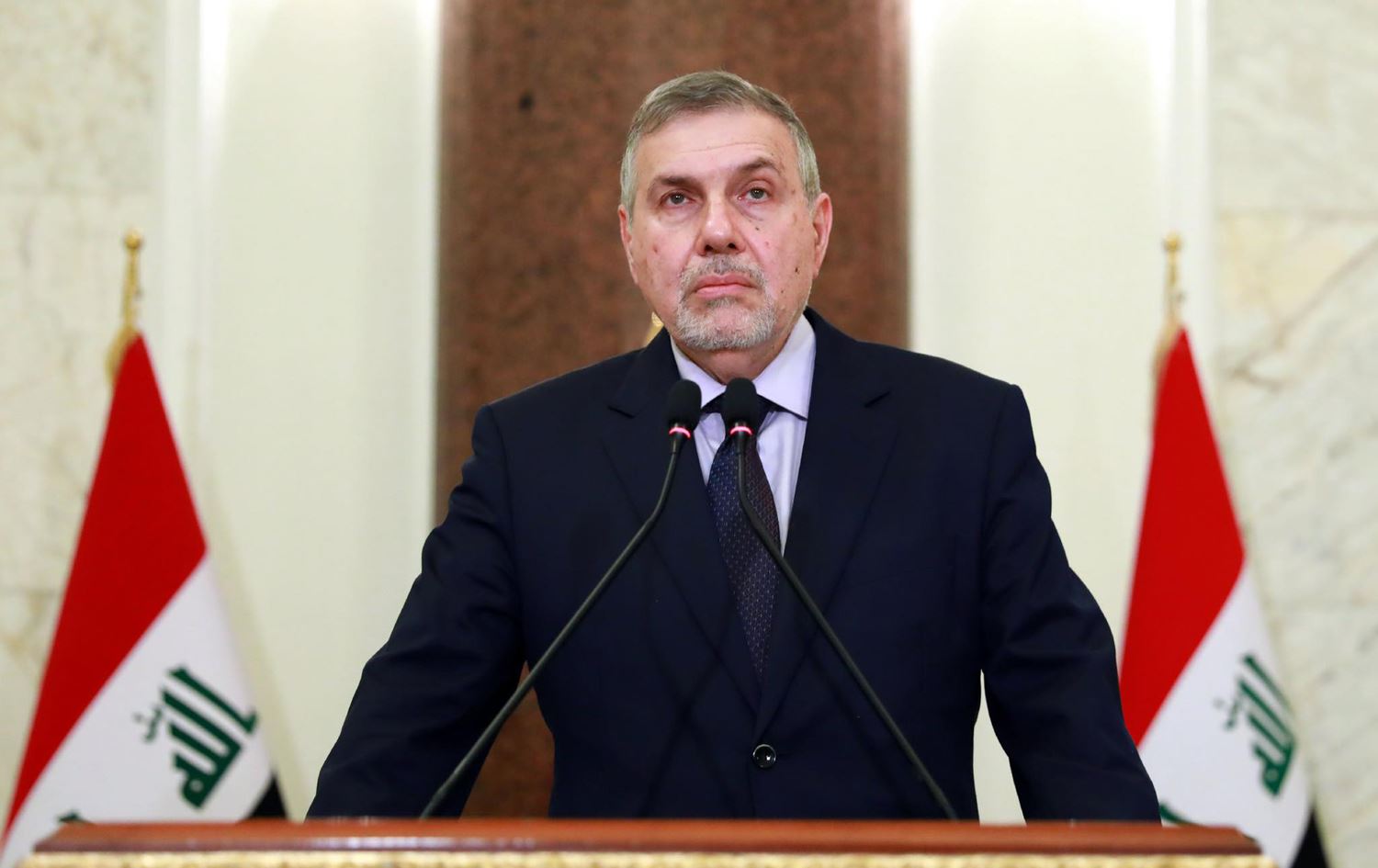The
attacks on some Iraqi demonstrators on February 3, 2020, on account of which a
number of so-called "blue hats" were indicted, imply the persistence
of the Iraqi political crisis, despite the appointment of Muhammed Tawfiq Allawi as head of the new government. Allawi, who was the
former Minister of Communications, was officially appointed by President Barham
Saleh at the beginning of February 2020. The announcement comes two months
after the House of Representative accepted the resignation of Adil Abdul-Mahdi, the
former Prime Minister of the Caretaker Government. However, according to the Iraqi constitution, the appointment of a new prime minister should
have been selected from the ‘largest bloc’ within the Parliament and should have taken place within a maximum
period of 15 days, following the resignation.
What
is worth noticing here is that the mechanism by which Allawi was nominated for
Prime Minister resembles that of Adil Abdul-Mahdi. Identifying the largest bloc
within the parliament was also overlooked, because of the consensus between the
various political forces, particularly between the two the coalitions, Saairun ‘Alliance Towards Reforms’and the Fatah ‘Conquest Alliance’, which are occupying the largest
number of seats in Parliament. This is actually contrary to what is affirmed by the Iraqi
constitution in Article 76 thereof, which states that “the President of the
Republic shall charge the nominee of the largest Council of Representatives
bloc with the formation of the Council of Ministers…".
Several Motives
Saleh’s approach of assigning the formation of the new government to Allawi may be explained in light of several considerations, the most important of which are:
1- Presidential pressures on political forces
President Saleh sought to exert pressure on the political forces to get them to agree on a candidate to head the government, where he announced in January 29, 2020 that he had set February 1, 2020 as the deadline to assign a candidate. Saleh believes that the new government formation may be the first step of possibly containing the repercussions of the current political crisis that persists, despite the lapse of nearly four months since the eruption of protests in October 2019.
2- The Caretaker Government’s criticism of Parliamentary Blocs
The Caretaker Government, which was headed by Adil Abdul-Mahdi levelled striking accusations against the Parliament of having failed to form a new government. On January 28, Abdul-Mahdi criticized the parliament's stance about speeding up the new government formation, saying, “we do not receive support from the House of Representatives. A decisive formation of the government must be expedited."
3- The recent consensus between Al-Binaa and the Saairun Alliances
To
choose a new prime minister was the main focus of the dispute throughout last
December between Fatah or ‘the
Conquest alliance’ headed by Hadi Al-Amiri, which is the main constituent of Al-Binaa
coalition and the Saairun or Alliance Towards Reforms coalition , which
is affiliated with the Sadrist movement. However, following the US-Iranian
escalation over Iraq, at the beginning of last January, the intensity of
disputes alleviated between the two coaltions. They have shifted their attitudes
and joined forces in aiming to get the US
troops out of Iraq, in a way that eventually led to Allawi's nomination to head the new government.
Key Variables
Securing
the confidence of the House of Representatives might not be the main reason for
Allawi’s success or failure , rather
there are many variables that must be taken consideration:
1- Gaining public support
Considering the changes that affected the Iraqi scene since the beginning of last October, were actually the outcome of public pressure, the first factor to determine Allawi’s success is linked to public satisfaction. It is noteworthy that as soon as Allawi was appointed, he was keen on adopting a discourse that relatively identifies with public demands. In his first statement, he called the protesters to continue with the demonstrations until the demands are met, that accountability will be achieved, and early elections will be conducted. Moreover, those close to him assert his keenness on bypassing the quota policy in forming the government, despite the many obstacles he will be facing in that respect.
2- Limited options
When the President announced Allawi’s appointment as Prime Minister, several media outlets revealed some political agreement between Allawi and leaders of the ‘Conquest Alliance’. This shows that the political forces within have already set specific dynamics for the designated Prime Minister, which might limit his tools and margins of his maneuvers in addressing the present crisis in Iraq.
3- Forming a transitional government within
a month
Within
a month of his appointment, the designated Prime Minister will have to select
members of his government. But the experience of previous governments, the last
of which is Adil Abdul-Mahdi's, indicate that this is no easy task. It usually
takes several months to form governments, especially considering the
outstanding disputes between the various political forces.
Continuous Ambiguity
Therefore,
it can be argued that Allawi's appointment might not settle the crisis in Iraq
as imagined, as his success is linked to his ability to deal with several hindrances
. He must appease the public, stop violence, form a government within the
constitutionally defined deadline, and run early elections in no more than a
year from his appointment. Thus, difficult challenges await him,


